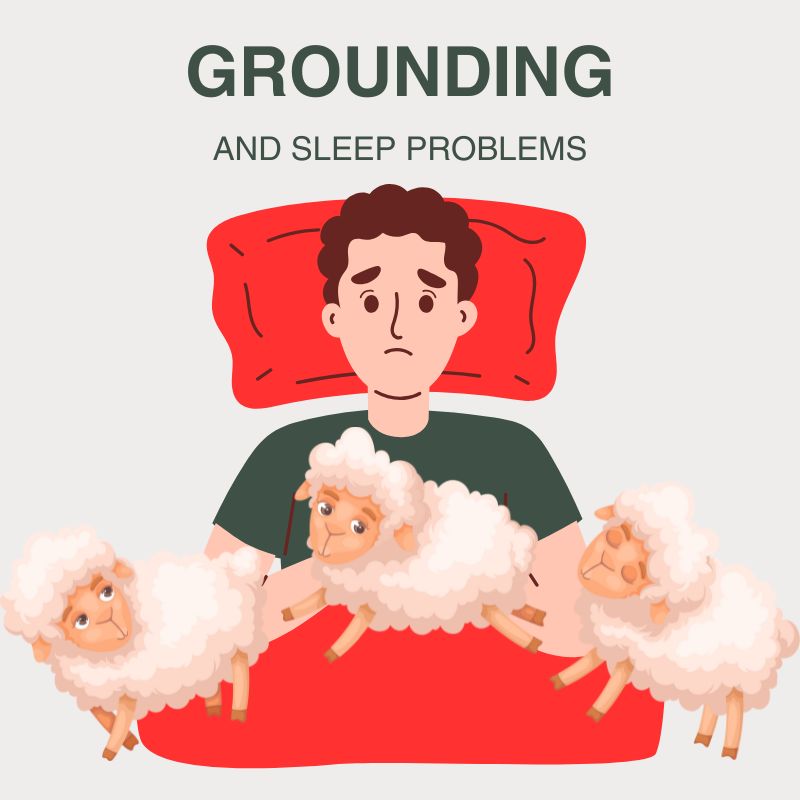
How grounding may improve sleep?
Many people today struggle with sleep problems and anxiety, often turning to medications or complex routines in search of relief. But what if one of the simplest, most natural practices could help? Grounding—also known as earthing—is gaining attention for its potential to support the body in returning to a state of balance, calm, and deeper rest. Grounding involves direct physical contact with the Earth’s surface, whether by walking barefoot on grass, sand, or soil, or by using specially designed grounding products indoors. The idea is that the Earth carries a subtle electric charge, and when we connect with it, this charge may help neutralize free radicals and reduce inflammation in the body.
Scientific studies and countless personal reports suggest that grounding can lead to improvements in sleep quality, helping people fall asleep faster and wake up less often during the night. This may be due in part to a calming effect on the nervous system. When the body is grounded, cortisol levels—a key stress hormone—appear to stabilize. This can promote a sense of safety and relaxation, making it easier for both the mind and body to unwind. Many who practice grounding daily report waking up more refreshed and feeling less anxious throughout the day.
The benefits of grounding seem to stem not only from the physiological effects but also from the intentional slowing down and reconnection with nature it encourages. In a world of overstimulation, this simple act can serve as a powerful reset button. Whether you’re dealing with chronic stress, insomnia, or simply want to feel more centered, grounding may be a valuable—and often overlooked—practice to explore.
